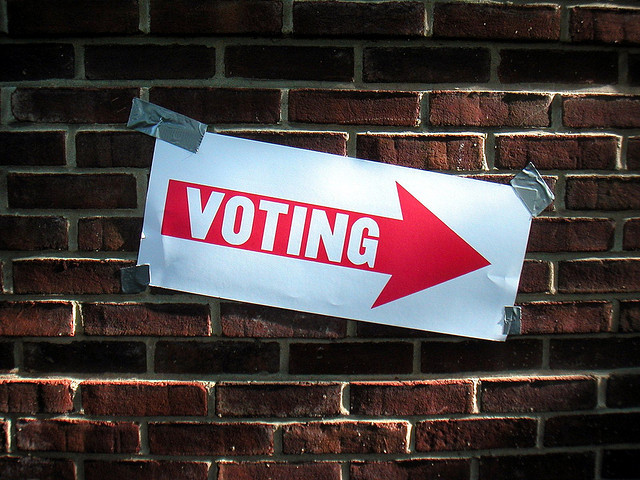The Minnesota State Board of Investment, the entity that manages assets for the state’s retirement systems, decided on Friday that it will not vote in favor of Medtronic’s acquisition Covidien.
Medtronic is Minnesota’s largest medical technology company, and Covidien is a medical supplier based in Dublin.
The retirement board has a say in the decision because it is a shareholder in both companies.
More from the Star-Tribune:
A four-member subcommittee of the state Board of Investment decided Friday morning not to vote in favor of Medtronic’s acquisition of Dublin-based healthcare supplier Covidien during shareholder voting next week. Critics on the committee said they were concerned that the stock-and-cash transaction would help Fridley-based Medtronic avoid taxes while providing “preferential” tax perks to executives.
Medtronic and Covidien shareholders will vote Tuesday on whether to approve the deal. The state retirement board can participate because it controls 117,130 Medtronic shares and 427,825 Covidien shares through its various retirement and trust funds. Board rules say its staff needs committee approval before casting proxy votes in controversial cases.
The Medtronic deal has proved controversial because it is structured as a corporate inversion that will move the combined company’s legal address being in Ireland, while leaving “operational” headquarters in Minnesota. Such deals have been criticized for helping multinational companies avoid domestic taxes.
Medtronic management is also urging shareholders to support the company paying an estimated $73 million to cover special excise taxes on executive stock options that will come due as part of the inversion. Board members said there was clear precedent to vote against deals that contain an executive “golden parachute.”
The Minnesota State Board of Investment manages $78.2 billion in assets.
Photo by Keith Ivey via Flickr CC License


